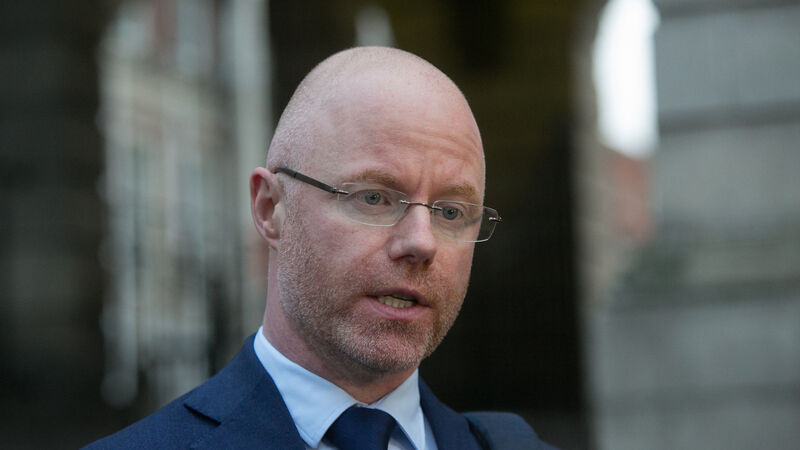Department of Health spends €1.6m on CervicalCheck Tribunal offices

Health minister Stephen Donnelly. PIcture: Gareth Chaney/Collins
The Department of Health incurred a cost of €1.6m for the fit-out of offices for use by the CervicalCheck Tribunal, which has received just eight claims so far.
The tribunal, which was set up by Government as an alternative means for women affected by the CervicalCheck scandal and their families to seek redress outside of court, also incurred operating costs of €217,123 last year and €277,176 in staffing costs up to March 2021.










